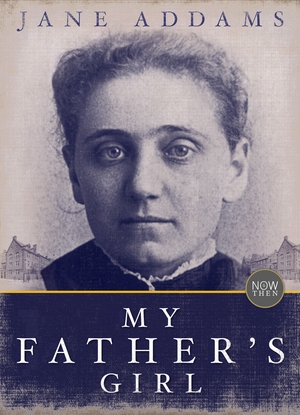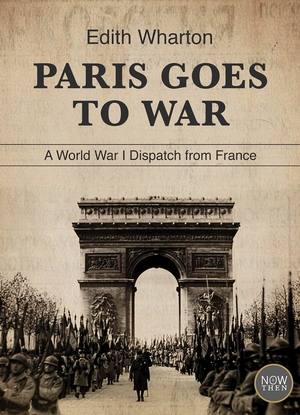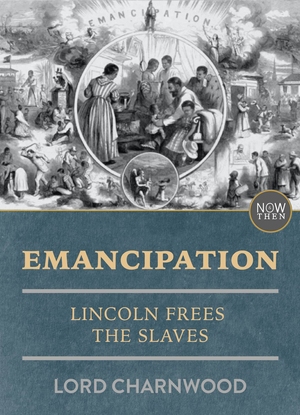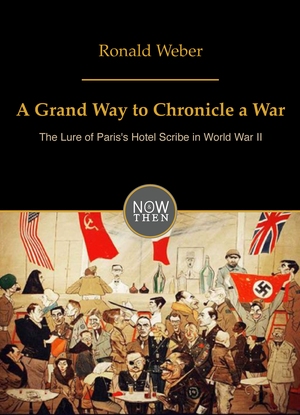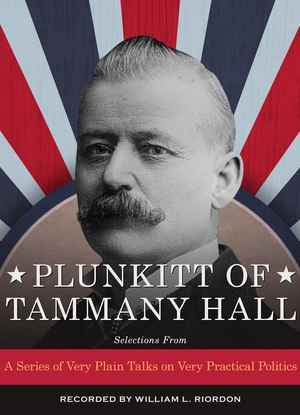Race Goes To War - Preview
Ollie Stewart and the Reporting of Black Correspondents in World War II
by Antero Pietila & Stacy Spaulding
*
Race Goes To War
Washington faced a thorny problem as the United States entered World War II: how to win support for the war effort among African Americans on the home front. It was a hard sell. Blacks were no less patriotic than whites. But they resented their second-class status in society and government regulations that restricted the participation of limited numbers of black soldiers to mostly supply, mess, and maintenance duties in the segregated armed forces. Yet unless the black population’s loyalty could be secured, it was possible that African Americans might sympathize with Japan—or so the government feared.
The dilemma was not new. More than two decades earlier, in World War I, federal authorities had similarly viewed African Americans as a disgruntled group ready to be exploited by the enemy. Instead of recognizing black complaints as legitimate, officials saw any criticism of the prevailing separate-but-equal regime as suspicious and dangerous, particularly if it was voiced in the black press.
In that earlier war, federal authorities had placed black newspapers under close surveillance. Theodore Kornweibel, Jr., has documented the action in Seeing Red: Federal Campaigns Against Black Militancy 1919–1925. The Bureau of Investigation, the FBI’s predecessor, particularly tried to silence the Chicago Defender, which one black Bureau agent called “the most dangerous of all Negro journals.” And no wonder. The Defender was a journalistic advocate of the Great Migration and relied on the South for two-thirds of its circulation. The paper was essential reading for blacks who considered making the trek to Northern industrial cities. It printed stories about opportunities that Southerners could only dream of. It even published timetables for trains to Chicago from New Orleans, Mobile, and Memphis.

